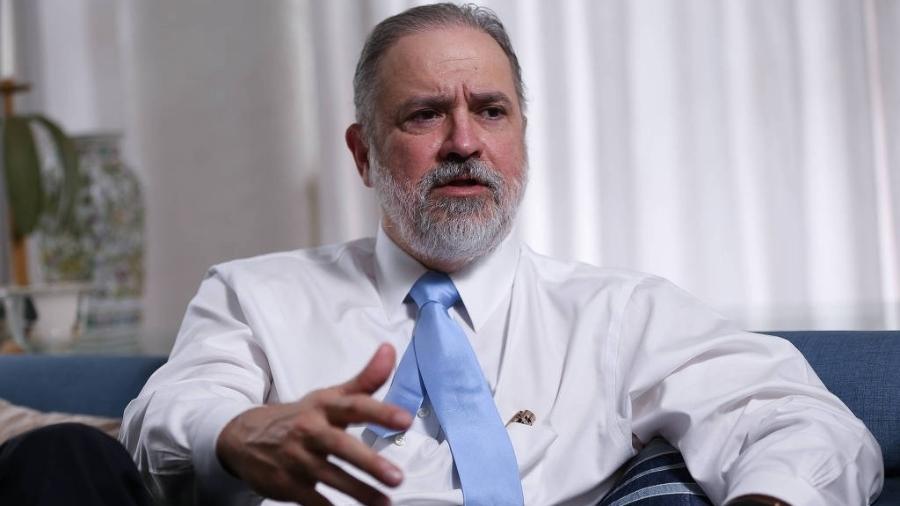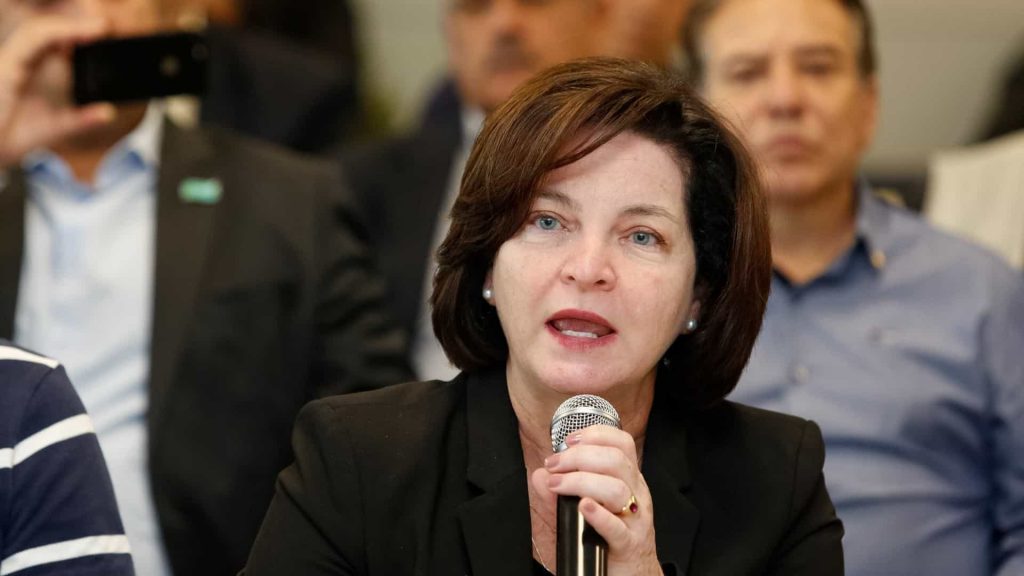RIO DE JANEIRO, BRAZIL – In one of the rare occasions in which she spoke with journalists during her term as Federal Prosecutor General (PGR), Raquel Dodge said she was concerned for democracy and, moved, pointed out that she struggled to work in “more central areas” in search of a more equal and fair society.
Dodge’s term as prosecutor general ends next Tuesday, September 17th. On Thursday, September 12th, she attended her last plenary session at the Federal Supreme Court. In the end, she answered questions from journalists.
“I think that democracy is a collective effort, of society, of institutions. In my final speech here at the Supreme Court, I tried to emphasize that it took us 30 years to build democracy in Brazil and we did it as part of an international wave of creation of liberal democracies in several countries,” Dodge said.
“I think the great challenge of the 21st century is to prevent democracies from dying. Often there is progress and also setbacks, and I perceive with some concern many signs of setbacks in relation to liberal democracies in the world. I hope this does not happen in Brazil.”
For Dodge, society is attentive and demanding results from institutions. Returning to her speech when she took office, in September 2017, she advocated the improvement of education and public services in general, with emphasis on public safety, and said that it is necessary to provide conditions for youths in the suburbs.
“I have committed myself to working in these more sensitive areas, thinking that by doing so, we would be able to reinforce this pledge of a society enshrined in our Constitution,” she said, unable to contain her tears.
When asked about the criticism she has received inside and outside the Federal Prosecutor’s Office for allegedly slowing the pace of Lava Jato, Dodge said her legacy in this field will still resonate.
“Most of the documents that I judged at the Supreme Court are under judicial seal, and in due course they will reflect my commitment to fighting corruption in what is incumbent upon me here,” Dodge said.
“Regarding my colleagues’ actions, I am sure that I provided them with all the resources required to fight corruption, not only by allocating the necessary funds to each Prosecutor’s Office but also by supporting all their initiatives,” she said.
According to Dodge, her administration expanded the number of prosecutors in all of the Lava Jato task forces, in Paraná, São Paulo, and Rio de Janeiro.
“I approved the remittance of all the required funds. Furthermore, in connection with all the resources that came in for my work, I also personally committed myself to sustain all the necessary approaches to fighting corruption, organized crime, and money laundering”.
When asked about any frustration she may have experienced during these two years in office, Dodge said she was optimistic, that she worked with zeal and commitment and achieved many of her goals, “all of which were directed at reinforcing Brazilian democracy, the defense of fundamental rights and the actions of the Prosecutor’s Office”. She said she intends to create a smooth transition for the institution.

Augusto Aras has been appointed by President Jair Bolsonaro to replace Dodge and is expected to be questioned by the Senate on September 25th. Aras was chosen without taking part in the MPF’s internal election. It was the first time in 16 years that a president ignored the three-name list drawn up by the prosecutors themselves.
Choosing a name from the list is not a legal imposition, but had become a tradition in the Lula and Dilma administrations.
After Ara’s unconventional nomination, the ANPR (National Association of Federal Prosecutors) released a note on Thursday, September 5th, classifying the appointment of subcurator General Augusto Aras to the command of the PGR (Federal Prosecutor General) as the “greatest democratic and institutional setback” of the Federal Public Ministry.


